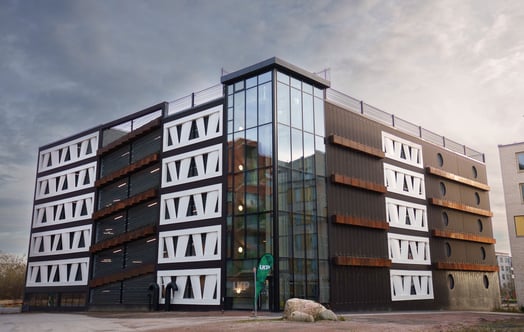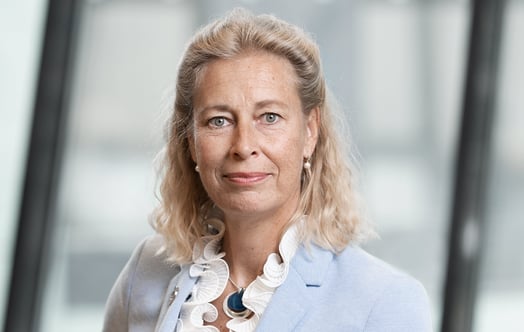
Vattenfall’s emission reduction targets aligned with climate science
Vattenfall’s new emission reduction targets have been approved by the Science Based Targets initiative, SBTi, providing external validation that these are in line with climate science. SBTi is a joint initiative between CDP1, the UN Global Compact, WRI2 and WWF. The collaboration provides a methodology that specifies how much and how quickly companies need to reduce their greenhouse gas (GHG) emissions in order to meet the goals of the Paris Agreement.
Vattenfall has committed to reduce absolute Scope 1 and 2 GHG3 emissions 38% by 2030 from a 2017 base year. Vattenfall has also committed to reduce absolute Scope 3 GHG4 emissions from use of sold products 20% by 2030. The approval of these targets provides external validation that Vattenfall’s emissions reductions are in line with what is required to limit global warming to 2 degrees Celsius.
Alberto Carrillo Pineda, Director, Science Based Targets and Renewable Energy at CDP comments: "We are delighted that Vattenfall, one of Europe's leading energy companies, has joined the group of over 270 industry leaders whose ambitious emissions reductions targets we have approved. By setting goals to reduce absolute Scope 1, 2 and 3 emissions, Vattenfall has taken a bold step towards realizing their ambition to enable their customers to live free from fossil-fuels within one generation.”
The approval was welcomed by Annika Ramsköld, Head of Sustainability, Vattenfall: “This will further establish Vattenfall as an industry leader, attracting customers and opening doors to new opportunities. Moreover, it validates considerable internal efforts on decarbonization and underpins our strategy to enable our customers to live fossil-free within one generation”.
Tuomo Hatakka, Head of Business Area Heat, says: “This is a significant milestone for us which would not have been possible without a lot of hard work by our dedicated employees. We won’t stop here though. We will continue to work in partnership with customers, cities and municipalities, evaluating options to accelerate decarbonisation of our operations and offering integrated smart energy solutions while also ensuring security of supply”.
“All in all, this shows that Vattenfall is part of the broader transition of the decarbonization strategy where we want to enable fossil-free living within one generation both for ourselves and for our customers,” says Annika Ramsköld.
1 CDP = Carbon Disclosure Project, 2 WRI = World Resources Institute.
3,4 Scope 1 emissions are direct emissions from owned or controlled sources. Scope 2 emissions are indirect emissions from the generation of purchased energy. Scope 3 emissions are all indirect emissions (not included in scope 2) that occur in the value chain of the reporting company, including both upstream and downstream emissions. The development can be followed in Vattenfall’s Annual and Sustainability Report as well as online.
For more information, contact:
Vattenfall's Press Office, tel.: +46 87 39 50 10, press@vattenfall.com



